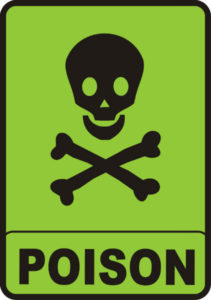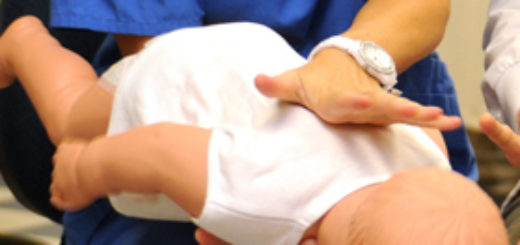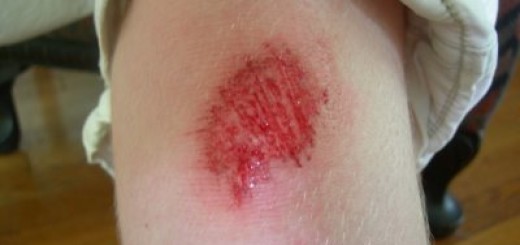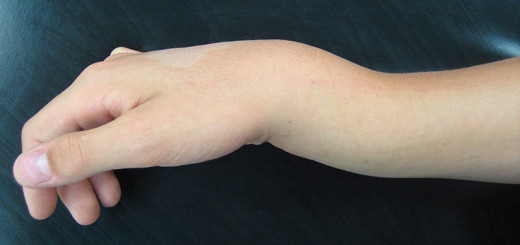Should you induce vomiting for poisoning?
Poisoning occurs when an external substance damages health or endangers life. A common method of coming into contact with a poisonous substance is ingestion – either deliberate or accidental. Children under five are most at risk of accidental poisoning. 
So, should you induce vomiting if someone has ingested a poison? The logic does make sense – vomiting would cause the ingested poison to exit the body and prevent further harm.
Unfortunately this is FALSE! Inducing vomiting can cause further significant harm to people who have ingested a poison.
If the substance is a chemical (eg strong acid or alkali), vomiting will cause the substance to come into contact with the food pipe and throat. This could cause further significant damage and even obstruct the victim’s airway.
If the victim becomes unconscious then managing the airway is a priority. Any induced vomiting could compromise the airway leading to dangerously low levels of oxygen in the blood stream (hypoxia).
Correct first aid treatment of poisoning
- Ensure the area is safe for you to enter – if concerned about your safety then stay back
- Call for emergency help (follow local protocols, consider poison information centers)
- Try to find out what has been taken, when it was taken and the quantity of substance involved
- Monitor the casualty until emergency medical help arrives
- If the victim becomes unconscious, place them in the recovery position to protect their airway






Monitor the casualty until emergency medical help arrives